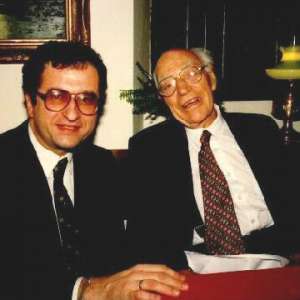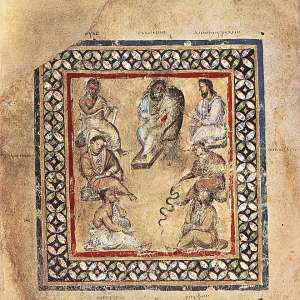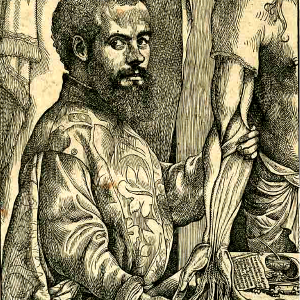
Philippe Pinel (1745–1826) played a major role in the foundation of modern psychiatric nosology. Much of his contribution, historically contextualized within the enlightenment generally and post-Revolutionary France more specifically, can be summarized through five themes in his background, education and writings. First, he applied an inductive, enlightenment-informed natural science approach to classification adapted from the biological sciences, which he had studied, and applied this to large samples of mentally ill individuals in Parisian asylums, frequently referring to ‘varieties’ and ‘species’ of insanity.
Second, Pinel's classificatory approach rejected metaphysical and highly speculative etiologic theories in favor of a Baconian inductive approach utilizing observational data. Third, Pinel advocated repeated assessments of patients over time, feasible given long in-patient stays. Fourth, trained in philosophy, Pinel relied on philosophically informed models of the mind and of insanity. Fifth, Pinel extensively utilized faculty psychology to understand and classify mental illness. He anticipated further developments of nineteenth-century psychiatric nosology by challenging the then-dominant intellectualist models of insanity, adopting a humanistic-informed emphasis on the importance of symptoms alongside signs, arguing that passions could be the primary cause of mental illness, and trying to infer causal inter-relationships in psychiatric patients between disturbances in affect and understanding.










































